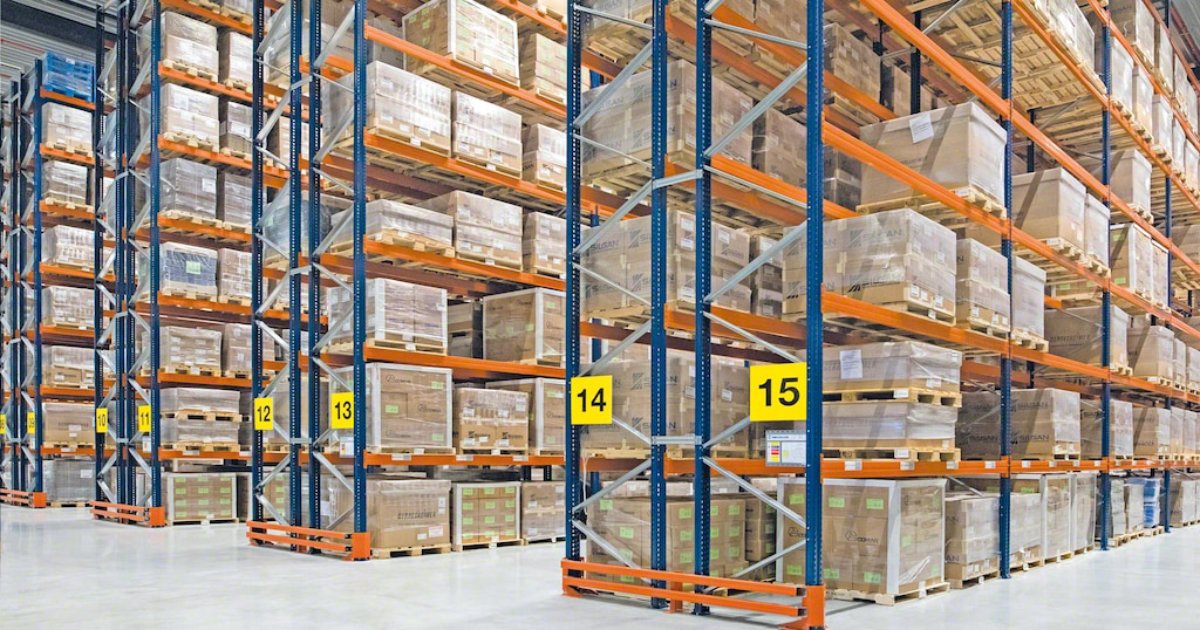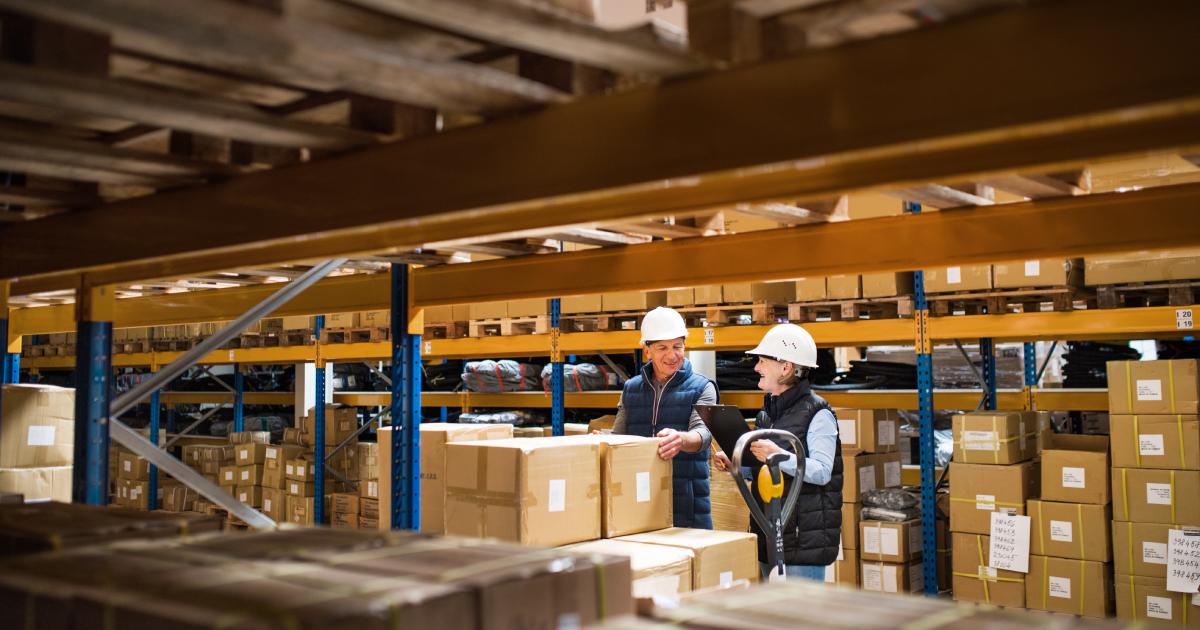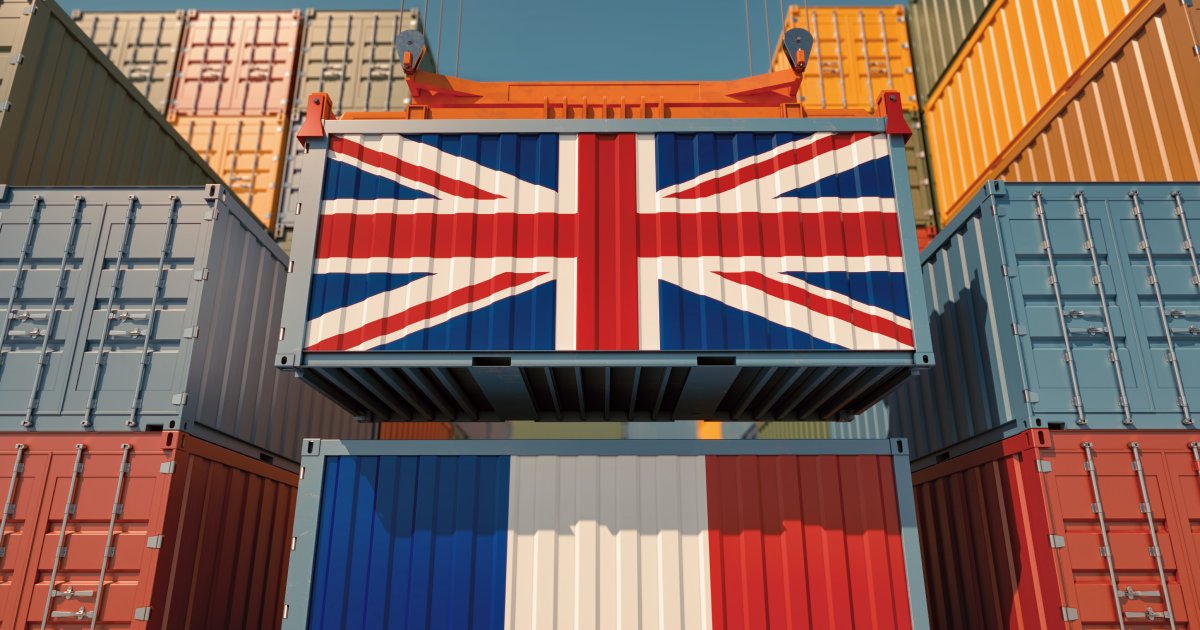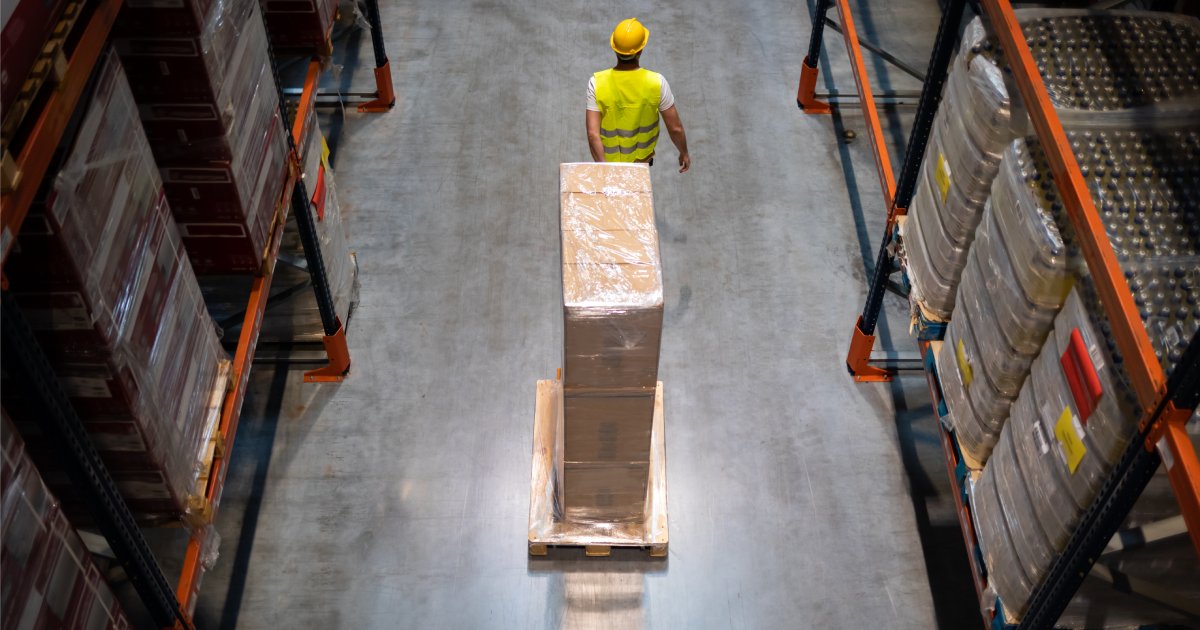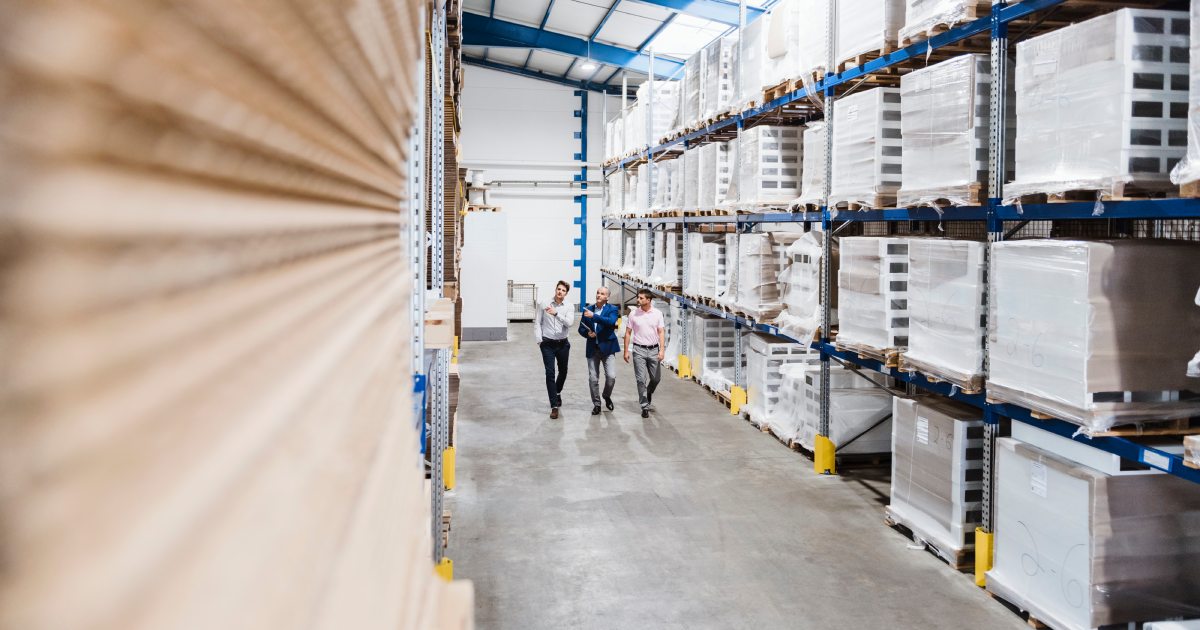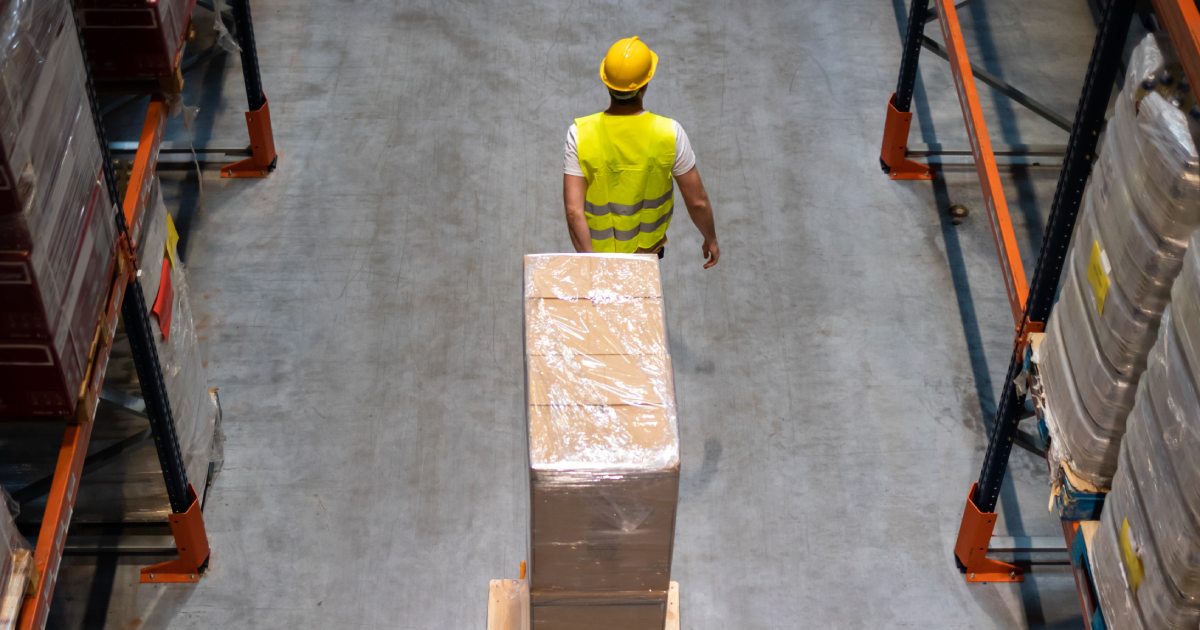Pallet networks are the distribution fairies behind next day deliveries. They’re made up of haulage professionals who are often classed as ‘members’ of those networks, such as PalletForce.
Together, those members are able to deliver goods far and wide due to the infrastructure and technologies that pallet networks provide from on central hub.
Pallet networks are now well developed in the UK and can offer multiple benefits to those wanting to get their goods to their customers on time and intact.
As businesses move faster to keep up with constantly evolving customer needs and expectations, transportation should be part of the business plan. This means taking into account the journey of your goods from your production line to the customer’s front door or stockist’s warehouse.
Contents
How pallet networks work
Next day deliveries would only be possible for individual logistics providers if they have thousands of vehicles and drivers. There are some companies that do operate this way but there aren’t many of them. For smaller logistics companies, pallet networks exist allowing them to work together for the benefit of the end customer.
Deliveries are loaded at a central hub. Delivery Drivers then go back to their depots located around the UK, unload the pallets and allocate the goods to other drivers to deliver them locally.
This means that businesses benefit from economies of scale when it comes to working with a logistics partner that uses a pallet network. Customers gain access to technology though the networks that allow them to see what stage of the journey their goods are at and if they’re safe.
Businesses also benefit from environmental and economic factors with the use of pallet networks as they help to reduce carbon footprints and make logistics processes more efficient and cost-effective.
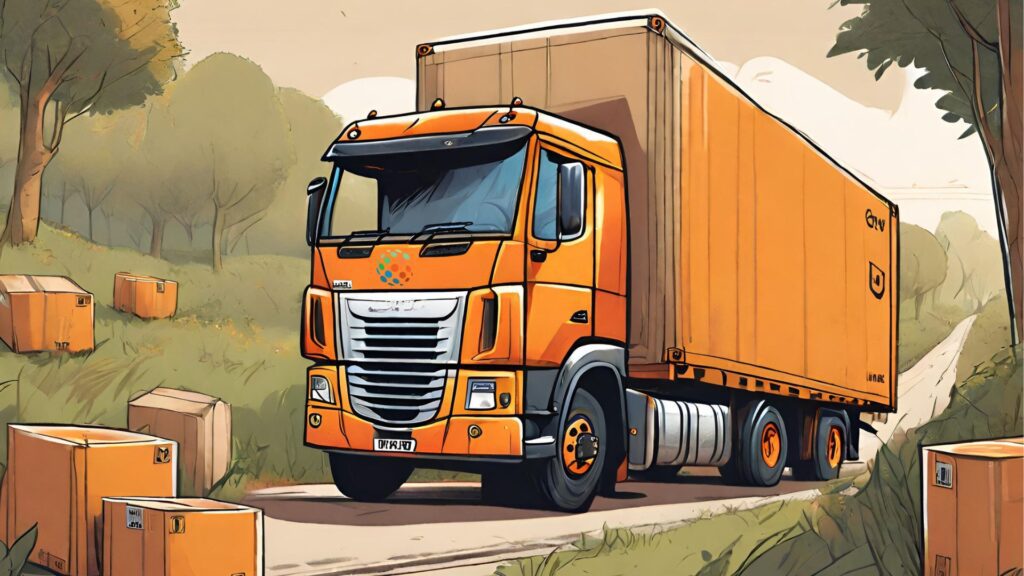
The benefits of pallet networks
Reduced carbon footprint
Stacking goods on wooden pallets makes it easier and quicker for forklifts to load and unload trucks. With efficient pallet stacking and wrapping, trailers can fit more in, leaving minimal to no wasted space. Therefore, more goods can be transported on one journey, saving fuel and reducing carbon emissions. It also means fewer trucks need to be on the road. Pallet networks use optimised routes to reduce mileage too.
Resource efficient
Pallet networks are masters at optimising routes and consolidating loads, ensuring that your goods reach their destination in the most streamlined and cost-effective manner possible. By tapping into a pallet network, you gain access to an extensive pool of vehicles and distribution centres. It’s like having your own personal army of logistics superheroes at your disposal. Not only that but pallets can be reused, which minimises the use of new packaging materials and waste. Overall, the whole operation becomes more efficient due to enhanced processes that reduces time wasted.
Cost savings
Pallet networks enable businesses to capitalise on economies of scale, providing a cost-effective solution for the seamless movement of goods. Ultimately, they boost profitability. Pallet networks facilitate significant cost savings for businesses through streamlined logistics. By consolidating shipments onto pallets, companies benefit from reduced transportation expenses, efficient warehousing, and optimised distribution networks. This approach minimises handling costs, lowers fuel consumption, and enhances overall supply chain efficiency.
Scalable solutions
With the ability to easily adapt to varying shipment sizes, companies can efficiently manage inventory and respond swiftly to changing demands. The modular nature of palletised shipments allows for seamless integration into varied transportation systems. This adaptability in logistics empowers businesses to navigate uncertainties and improve their operational strategies, fostering resilience and competitiveness.
Great customer service
Businesses can meet customer expectations with pallet networks. They improve service levels for businesses distributing goods by ensuring timely and reliable deliveries. Pallet networks optimise transportation routes, reducing delivery times and enhancing overall efficiency. Additionally, the streamlined logistics provided by pallet networks contribute to accurate tracking and communication, empowering businesses to offer real-time updates to their customers. Overall, pallet networks contribute to a positive customer experience.
Conclusion
Working with a logistics provider that’s part of a pallet network can be transformative for businesses with goods to deliver. The systems enhance overall efficiency with timely deliveries and tracking and monitoring technology.
It can also result in cost savings and a boost in company reputation. The ability to adapt to varying shipment sizes and navigate market uncertainties makes pallet networks an indispensable asset, contributing significantly to the success and competitiveness of businesses.
Meanwhile, your customers can rest assured they’re not contributing to any unnecessary carbon footprints.

